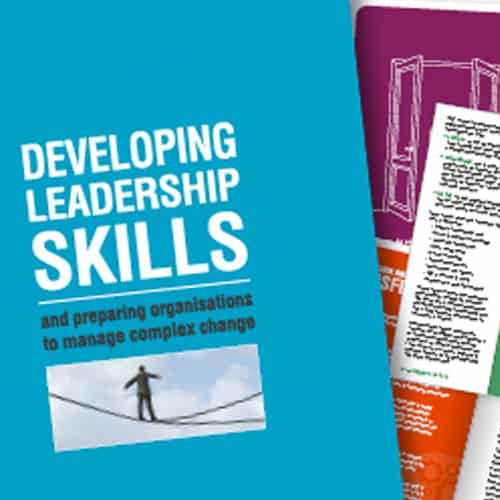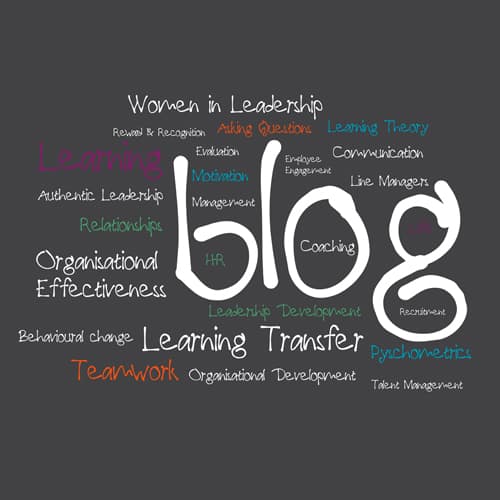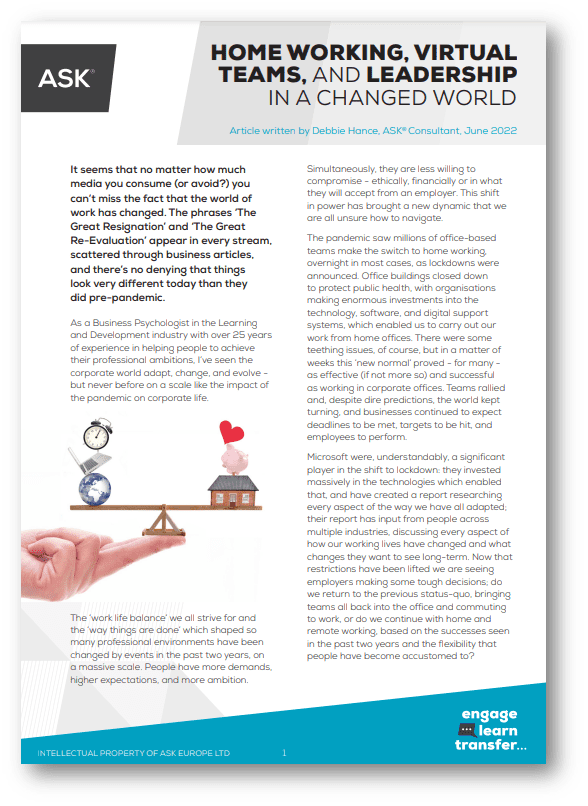Are you conscious of your unconscious bias?
However much we believe ourselves to be unbiased and emotionally intelligent, we all have unconscious bias – and it’s up to us how much we let that influence our leadership.
What is unconscious bias?
The very definition of unconscious bias is that it’s a bias we aren’t even aware we have.
Our upbringing, our background, our cultural environment, the media, the social circles we move in, and our subjective experiences all shape how we view the world around us. We might tell ourselves that we are open-minded and unbiased – but we make snap decisions and form instant opinions constantly, the moment we meet a new person or experience a new thing.
Our brains are programmed to do just that – to take the weight of processing things off our conscious mind’s hands, as it were – and filter information. This is done without conscious thought, but at every moment our brains use pre-determined information to do that filtering, and to provide us with conclusions and assumptions.
Unconsciously we process a huge amount of information and make our decisions based on something we call ‘a gut feeling’ or instinct. This ‘instinct’ is actually the result of a lifetime of experience and learning, processed at high speed before we’ve had time to be consciously aware of it.
This saves us a lot of time and stress – filtering and streamlining the information we have to consciously process – but it also means that, without meaning to, many of us can discriminate against anything or anyone that feels ‘other’. This means that for example, sexual, racial, and socio-economic discrimination can be happening unconsciously, formed by a wealth of environmental and historical ‘data processing’ our brains have automated – which means that this discrimination might also hinder fair, consistent, and effective decision-making in recruitment and leadership, unconsciously, requiring conscious steps to counter the negative impacts.
We all tend to be drawn towards others like ourselves, attracted to familiarity – which means that we must take steps to deliberately counter that instinct, to the benefit of our organisation. If we want to ensure that our workforce is as diverse as possible – which benefits the culture and success of your brand in an enormous number of ways – those in charge of recruitment must themselves be diverse, diversity-aware, and bring a range of views to determine who would be the best fit.
There are benefits to understanding
Understanding the concept of unconscious bias helps you to counter those instinctive assumptions we all make, which will lead to a more diverse organisation – which in turn means a wider range of skills, experiences and understandings, and a wider range of opportunities for growth and success across the organisation as a whole, individually and together.
Though we might not be fully aware of our innate biases we can take steps to acknowledge and mitigate them in the workplace, and to ensure that we don’t fall into the trap of discriminating without realising we’re doing it. We can’t stop our subconscious mind from making snap decisions – but we can question those innate choices. We can minimise the opportunities for bias by robustly assessing the criteria for a role, judging the skills and experience of each applicant without having access to details of their gender, name, or socio-economic background creating a structured process and training assessors to interview effectively, focusing on performance against objective criteria rather than allowing our biases to cloud our decision-making process. If you strip away all the other details which might influence your choice, would your decision be the same?
The awareness that we all have these biased views means we can counter them – and working with a more diverse leadership team will lead to a more diverse workforce. That diversity of employees brings an increased wealth of skills and ideas – as well as a broader range of experience, understanding and empathy – and that can only be a positive change.
Our consultants can talk you through the range of tools and metrics we use at ASK that will help you to assess and understand your own unconscious bias. Call our team today to find out more: call 01234 757575 or email hello@askeurope.com



